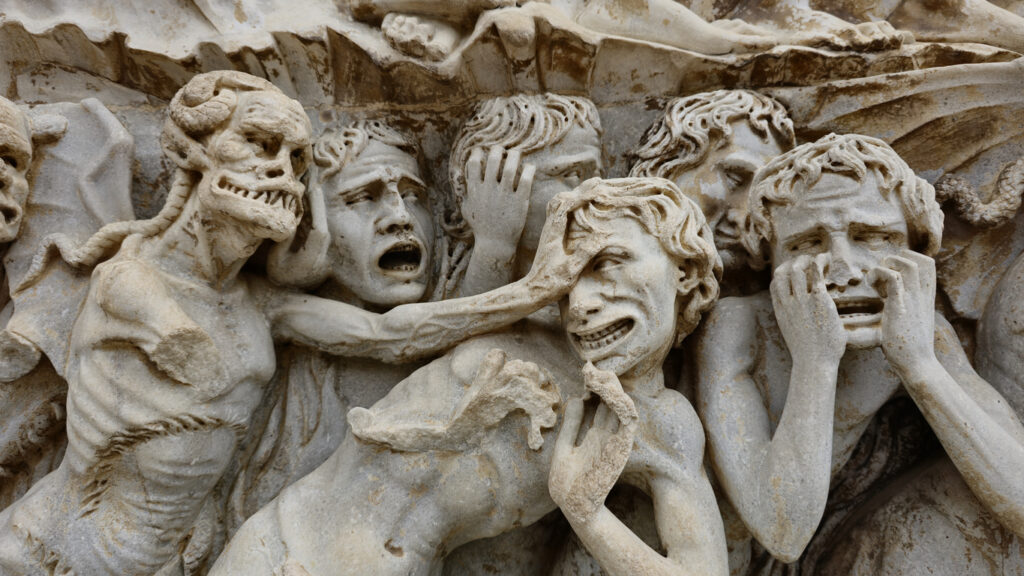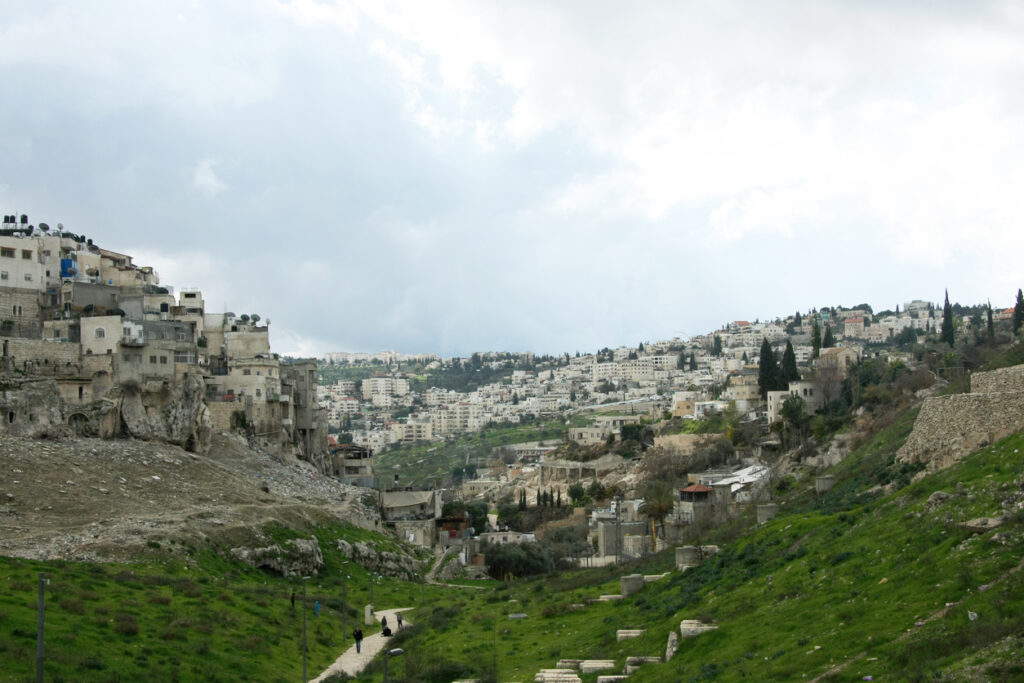The Truth About Hell: What Really Happens to the Wicked?
What happens to bad people when they die?
It’s a question many ponder—and the answers people have conjured up vary widely. But to understand the truth, we must set aside assumptions and traditions and go straight to the Bible.

Most people assume the wicked go to hell – a place of unending torment where fire burns forever and agony never ends. But if we’re honest, that belief raises serious questions. Why would a loving God punish someone for a short lifetime of sins with eternal pain – or sentence someone to eternal torture for a momentary unrepented wrong?
If that doesn’t sit right with you, you’re not alone.
A Loving God and Eternal Torture?
The Bible repeatedly tells us that God is love (1 John 4:8). He is patient, kind, merciful, and just. The idea that this same God created a place of eternal torment – where souls suffer consciously forever – doesn’t align with His character.
Imagine a scenario where a mother looks down from heaven and sees her unbelieving son screaming in agony in hell – forever. That’s not justice. That’s cruelty.
Jesus said, “For God so loved the world that He gave His only begotten Son, that whoever believes in Him should not perish but have everlasting life” (John 3:16, NKJV). Notice the word: perish. He didn’t say the wicked would live forever in torment – He said they would perish – simply cease to exist.
What Does the Bible Really Say About Hell?
In many English Bibles, the word hell is actually translated from several different terms:
- Sheol (Hebrew): the grave or place of the dead.
- Hades (Greek): the grave or unseen realm of the dead.
- Gehenna (Greek): a valley outside Jerusalem used as a burning garbage dump – symbolizing final destruction.
- Tartarus (Greek): used once, referring to a place where fallen angels are restrained.

None of these describe a place of eternal conscious torment. The Bible does speak of future punishment for the wicked – but it’s very different from popular belief.
The Wages of Sin Is… Death
Romans 6:23 says, “For the wages of sin is death, but the gift of God is eternal life in Christ Jesus our Lord.”
The penalty for sin is death – not eternal torment, but final and irreversible death. Eternal life is a gift given only to those who repent and believe.
Ezekiel 18:4 confirms: “The soul who sins shall die.” Jesus warned in Matthew 10:28 that God can destroy both body and soul in Gehenna. This is destruction – not never-ending pain.
God’s Final Judgment: Fair and Just

Some may worry this view removes accountability. But the Bible says otherwise. Hebrews 9:27 declares, “It is appointed for men to die once, but after this the judgment.”
Those who reject God after full opportunity face the “second death” in the lake of fire (Revelation 20:14–15). Malachi 4:1–3 describes the wicked being burned up like stubble, leaving neither root nor branch – reduced to ashes. Total destruction, not eternal torment.
No Immortal Soul
The traditional teaching of hell often assumes humans possess an immortal soul. But Scripture doesn’t teach that. Genesis 2:7 says man became a living soul – he wasn’t given one. In the Bible, “soul” simply means life – and it can die. Eternal life, on the other hand, must be received as a gift from God.
The Real Hell: Justice, Not Cruelty
The biblical “hell” is not a torture chamber. It’s the final judgment – a lake of fire that destroys the wicked completely. It is final, just, and merciful in its completeness.
God takes no pleasure in the death of the wicked (Ezekiel 33:11). He desires all to come to repentance (2 Peter 3:9). But for those who refuse, the consequence is not endless pain – it’s the end of existence.
A God Who Is Truly Just – and Truly Loving
Understanding the truth about hell restores the biblical picture of God – a just Judge and a loving Father. He doesn’t burn people forever. He offers life. He warns of death. And He always gives a choice.


